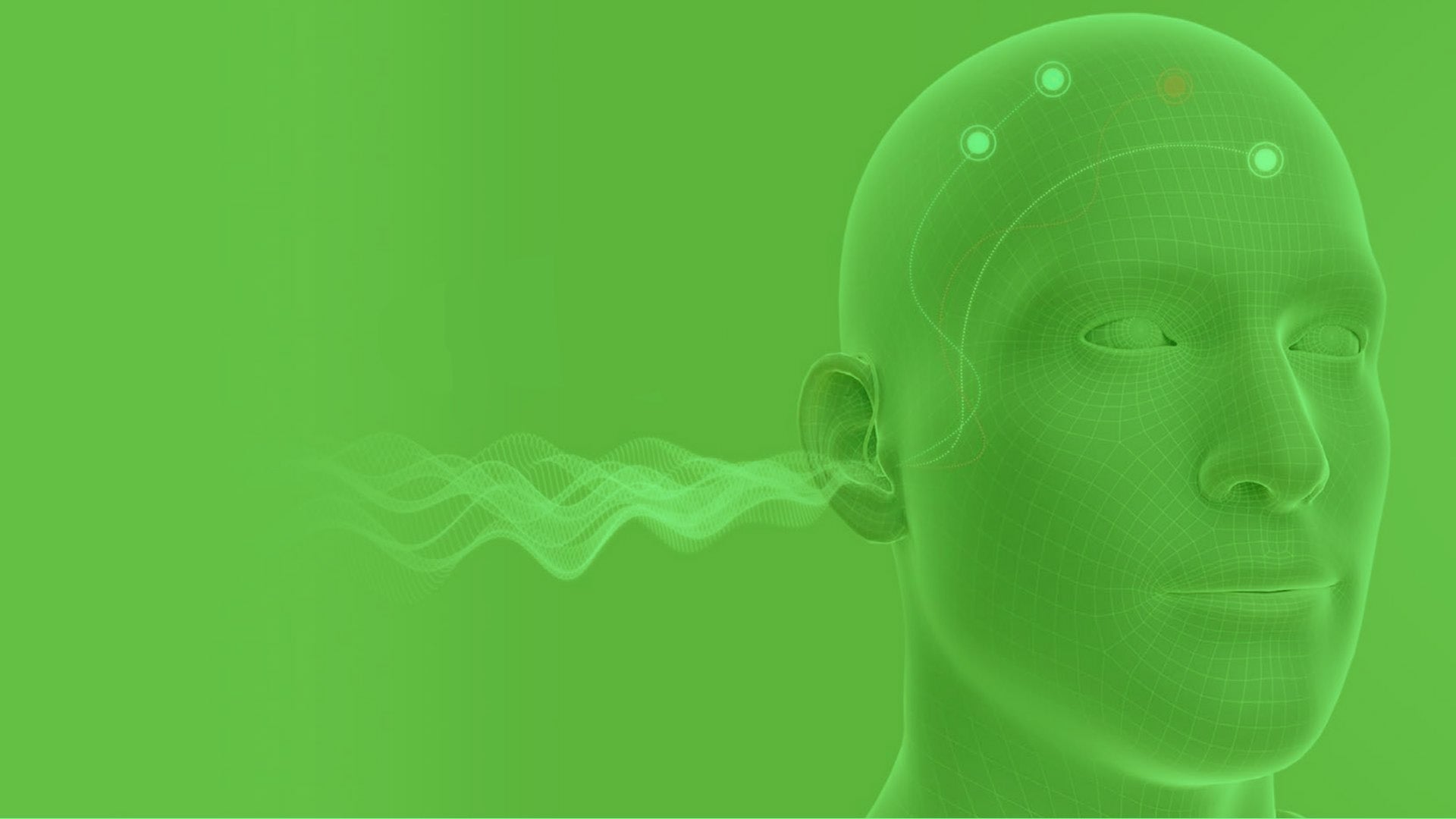Maximize Your Child's Hearing to Unlock Their True Potential
A Complete Parent’s Guide: Understanding Childhood Hearing Loss & Finding the Right Solutions
Every parent wants their child to grow with confidence—speak clearly, learn comfortably, and connect easily with others. But what if your child has hearing loss from a very young age, even before saying their first word?
Many parents don’t realize that hearing loss in babies and children is actually quite common. It often goes unnoticed at first because the signs can be subtle. Yet hearing is the foundation for language development, speech clarity, understanding, emotional growth, and even academic success.
The good news? With early detection, the right pediatric hearing aids, and a supportive environment, children with hearing loss can thrive just like any other child — sometimes even more confidently.

Why Hearing Plays a Huge Role in Your Child’s Development
During the first two years of life — often called the critical window for brain development — your child absorbs thousands of sounds every single day. These sounds help them build the foundation for language, such as:
- learning the names of objects,
- understanding instructions,
- forming sentences,
- and later, learning to read and write.
When hearing is compromised, the brain doesn’t receive enough sound stimulation. This can lead to:
- speech delay,
- a much smaller vocabulary,
- difficulty understanding conversations,
- learning challenges in school,
- and low self-confidence.
Real Story: Ibu Rina’s Child — Born with Hearing Loss
Common Signs of Hearing Loss in Babies and Children
It’s easy to assume your child is “just quiet” or “focused on their toys.” But some early signs of hearing loss can look like this:
- Not turning when their name is called
- Responding more to visual cues than sound
- Watching TV with high volume
- Frequently saying “what?” or asking for repeats
- Delayed speech compared to other kids
- Looking confused when spoken to
If you notice even one or two of these signs, it’s a good idea to schedule a child hearing test. These tests are quick, safe, and can be done even for newborns.
Real Story: Nisa — Born with Hearing Loss
Why Early Detection Matters (More Than You Think)
Many parents wait until age 2 or 3 because that’s when speech delay becomes noticeable. But if hearing loss has been present since infancy, waiting too long may lead to long-term delays in language development.
Early detection helps your child:
- catch up with speech development,
- enter school more prepared,
- adapt more easily to learning environments,
- avoid long-term communication challenges.
At SOUNDLIFE Hearing Center, hearing evaluations follow international standards using OAE, ASSR, ABR, and tympanometry.
How Hearing Aids Help Children Build Language
For children with hearing loss, pediatric hearing aids give them access to sound during the most important stage of brain development. With proper amplification, children can:
- hear speech sounds clearly,
- imitate words and sentences,
- learn to read more easily,
- follow school lessons better,
- and socialize with confidence.
Real Story: Jordan — Developed Hearing Loss After Birth
Choosing the Right Hearing Aids for Your Child
Children have different needs compared to adults. That’s why pediatric hearing aids are designed with features like:
- Child-safe BTE (Behind-the-Ear) design
- Soft earmolds that can be replaced every 2–4 months
- Durable and hypoallergenic materials
- FM system compatibility for classroom listening
- Fun colors to boost confidence
One of the most trusted options worldwide is Phonak Sky — specially created for babies and children with hearing loss.
What Should You Do If You Suspect Hearing Loss?
If your child shows early signs of hearing issues or speech delay, the best first step is visiting a hearing center that specializes in children.
SOUNDLIFE Hearing Center provides:
- Complete hearing tests for babies and children
- Safe and accurate pediatric hearing aid fittings
- Parent guidance and education
- Ongoing monitoring and follow-up adjustments
Want a Hearing Test or Consultation for Your Child?
SOUNDLIFE Hearing Center is here to support your child’s hearing journey — from early detection, to pediatric hearing aid fitting, and long-term follow-up care.
WhatsApp & Chat: (0815) 1353-8888
Opening Doors to a Brighter Future
by empowering children to overcome their hearing loss
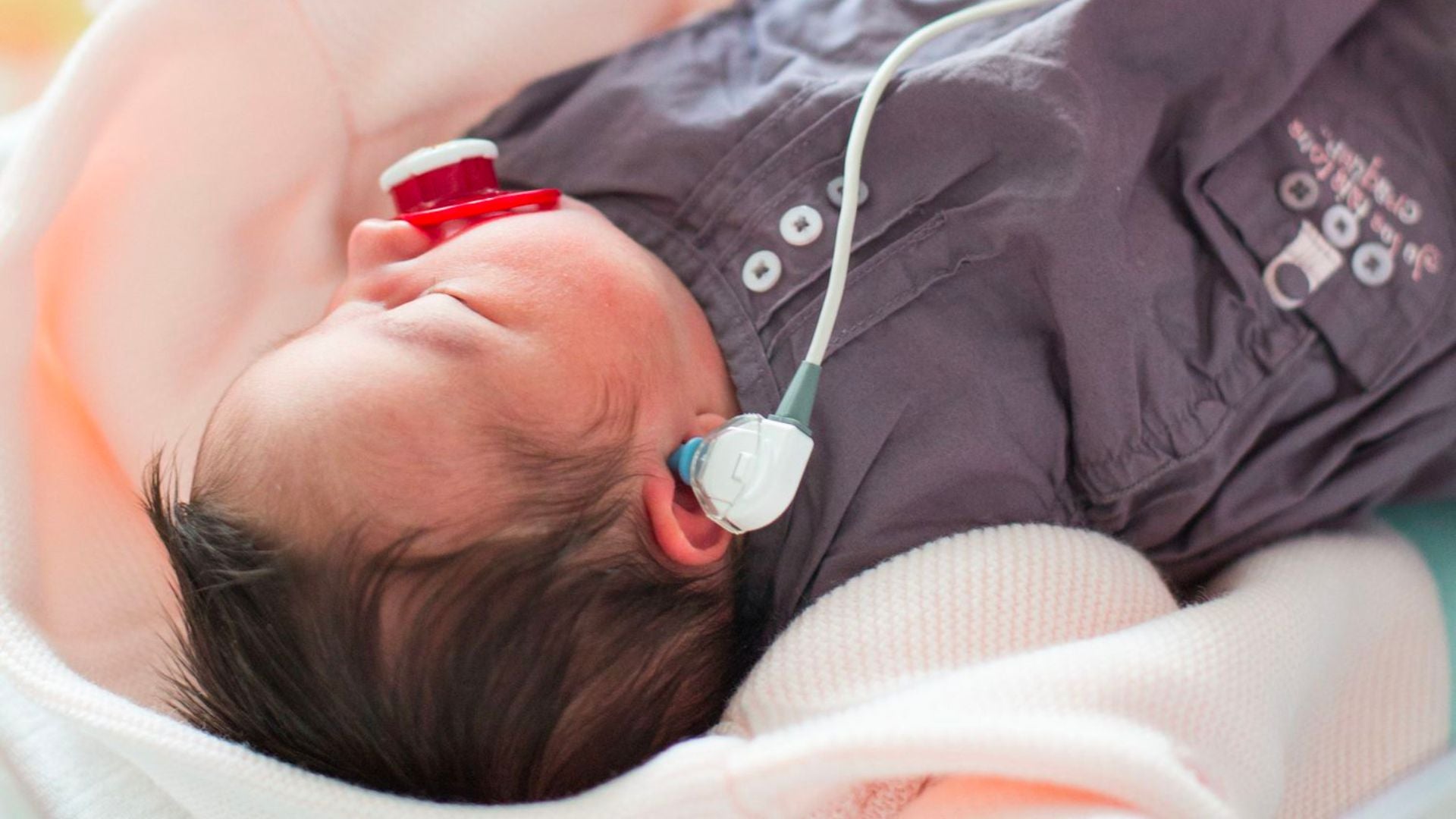
I'm Born with Hearing Loss
Being new parents of a child with congenital hearing loss may bring unique challenges, but with the right support and resources, your child can flourish. Early intervention is crucial, so consult professionals for comprehensive evaluations and personalized treatment options like hearing aids or cochlear implants.
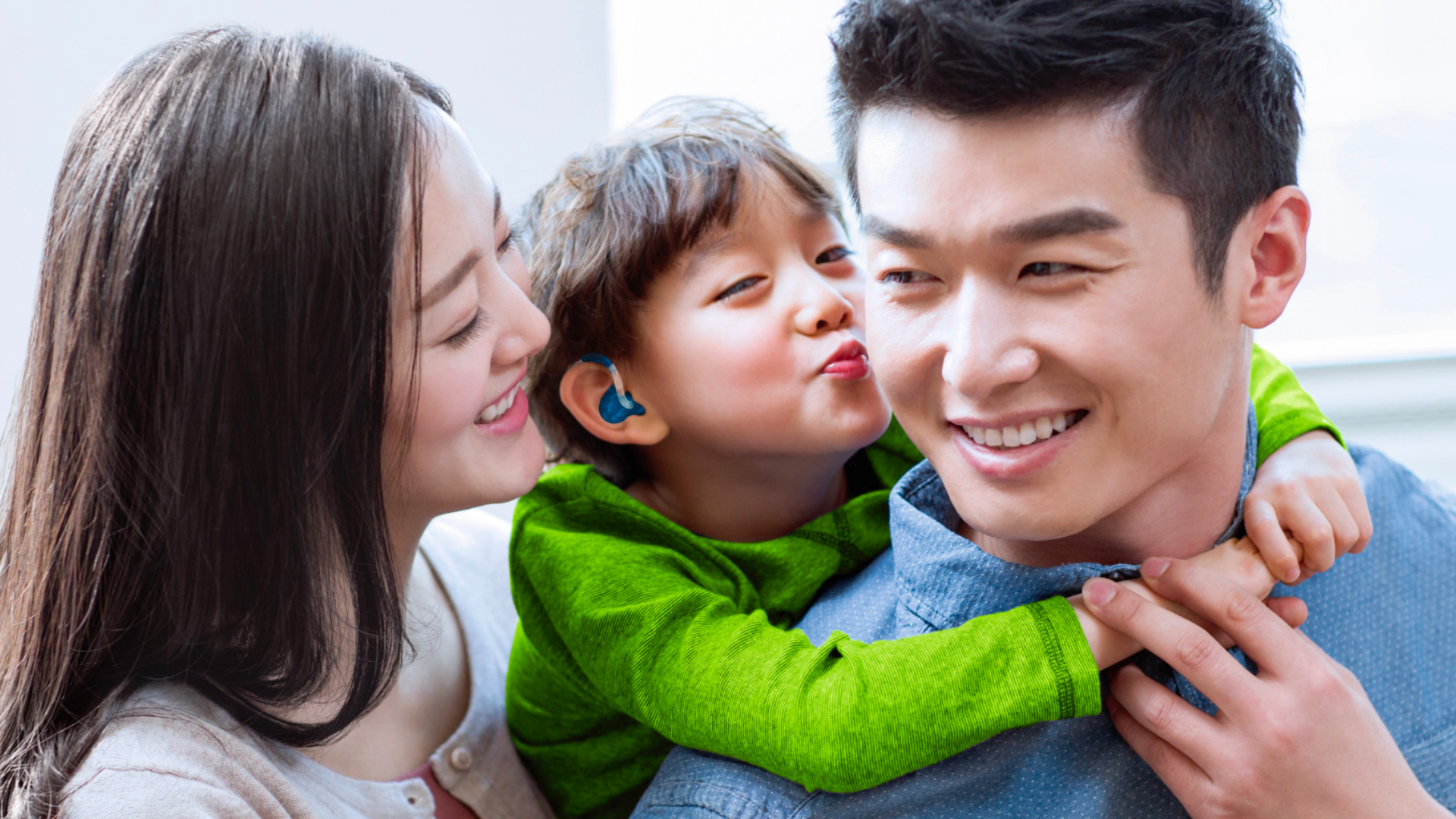
I'm A Child with Hearing Loss
Children can lose hearing during their teenage years, sometimes with very little warning. The causes of hearing loss can differ widely between each child, so do their physiological effects. If left untreated, it can be devastating to teenagers, who are already suffering from social and emotional trials at this time in their life.
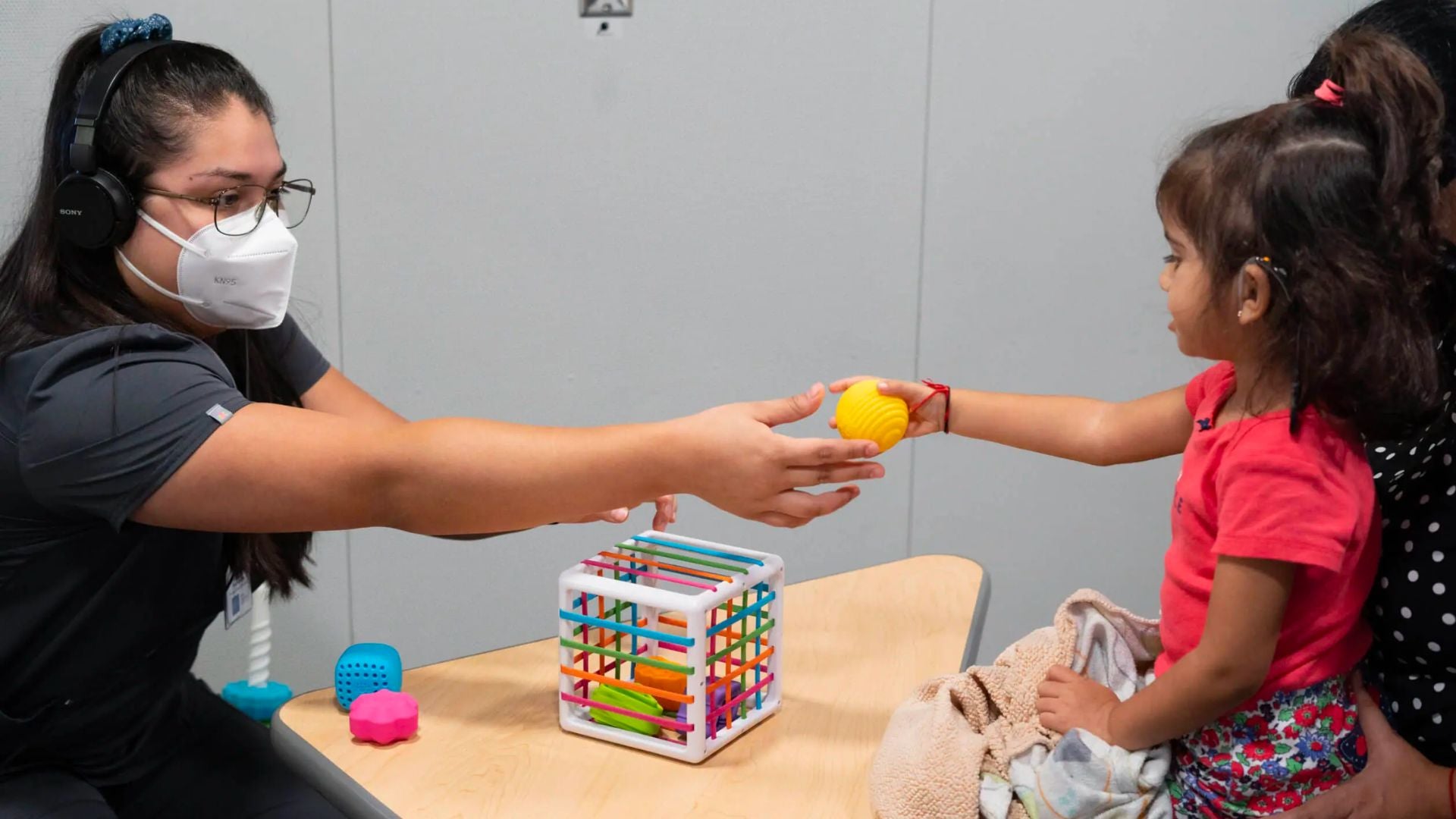
Hearing Tests for Newborns, Babies, Toddlers and Children
Hearing tests are crucial for detecting and addressing hearing loss in babies, toddlers, and children. Regular hearing checks should also be conducted to ensure the child's hearing development is on track, and any hearing loss can be detected and addressed promptly.
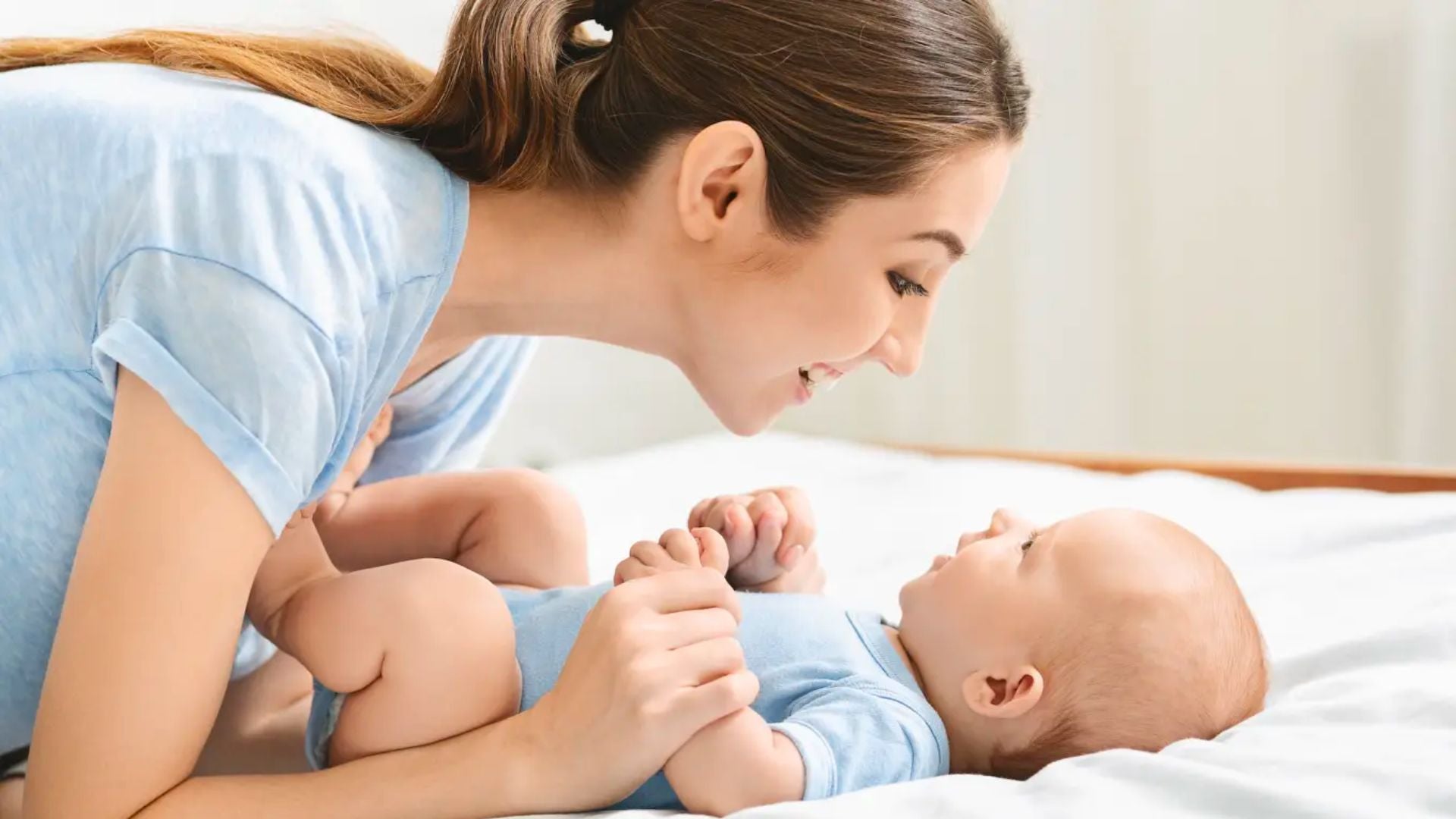
Is My Baby Hearing Well?
Your baby needs to hear sounds to learn how to speak and learn about the world. Given that the signs and symptoms of hearing impairment in babies vary, it is quite challenging to detect. Here're some hearing milestones that you can use as a guide for your baby's first 3 years of life.
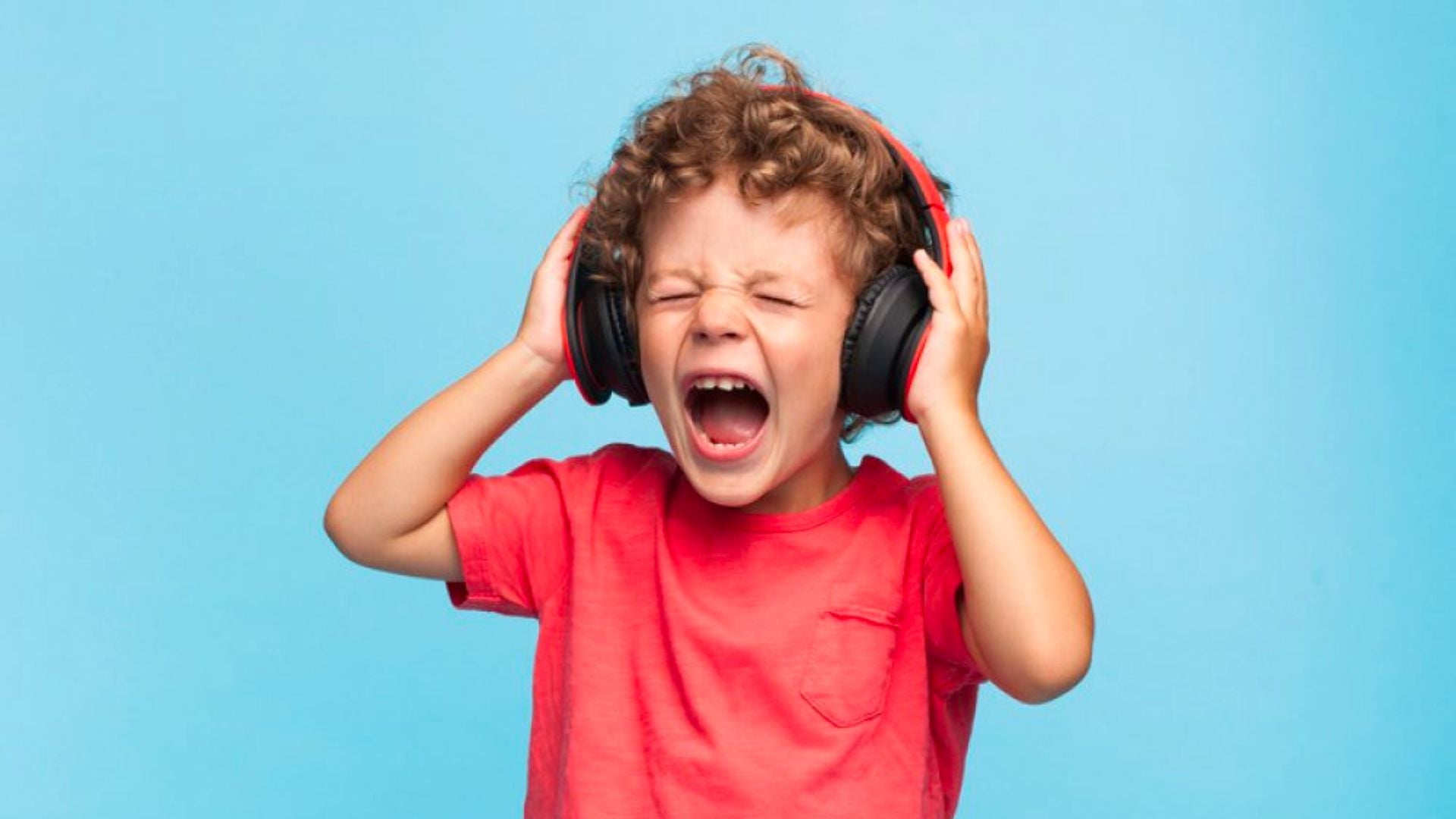
Hearing Loss Prevention in Kids
Teenagers are at a higher risk of hearing loss due to exposure to loud music, frequent use of headphones, and attending noisy social events. By using hearing protection, they can avoid the negative consequences of hearing loss later in life.
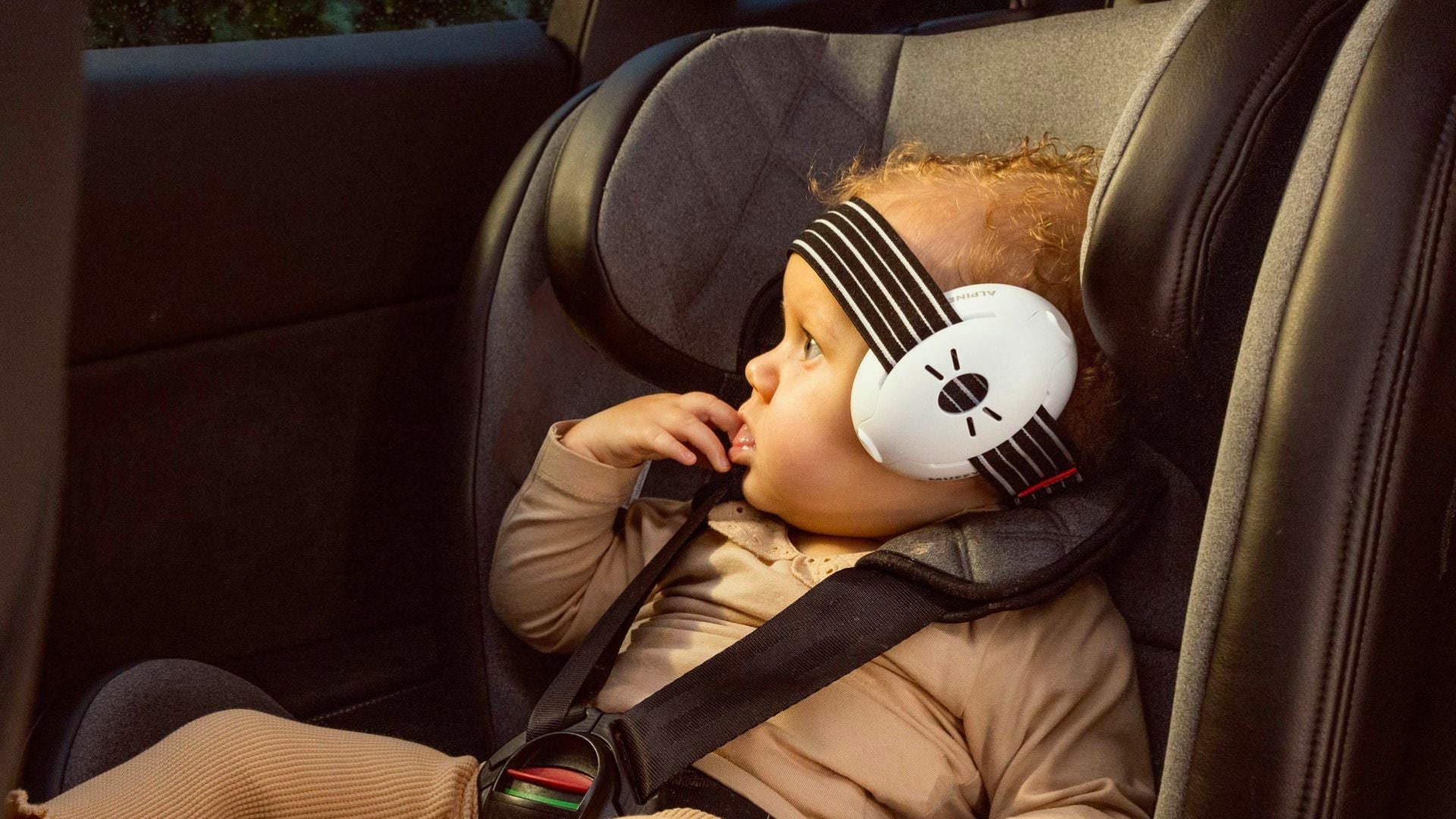
Protect Your Child's Hearing with Earmuffs
Children learn from their parents, so it’s important to model the hearing behaviors we want to encourage in our kids. The damaging effect of noise exposure on our hearing is cumulative, so it’s important to protect hearing from an early age. Bring earplugs or ear muffs with you when there is potential for loud noise.
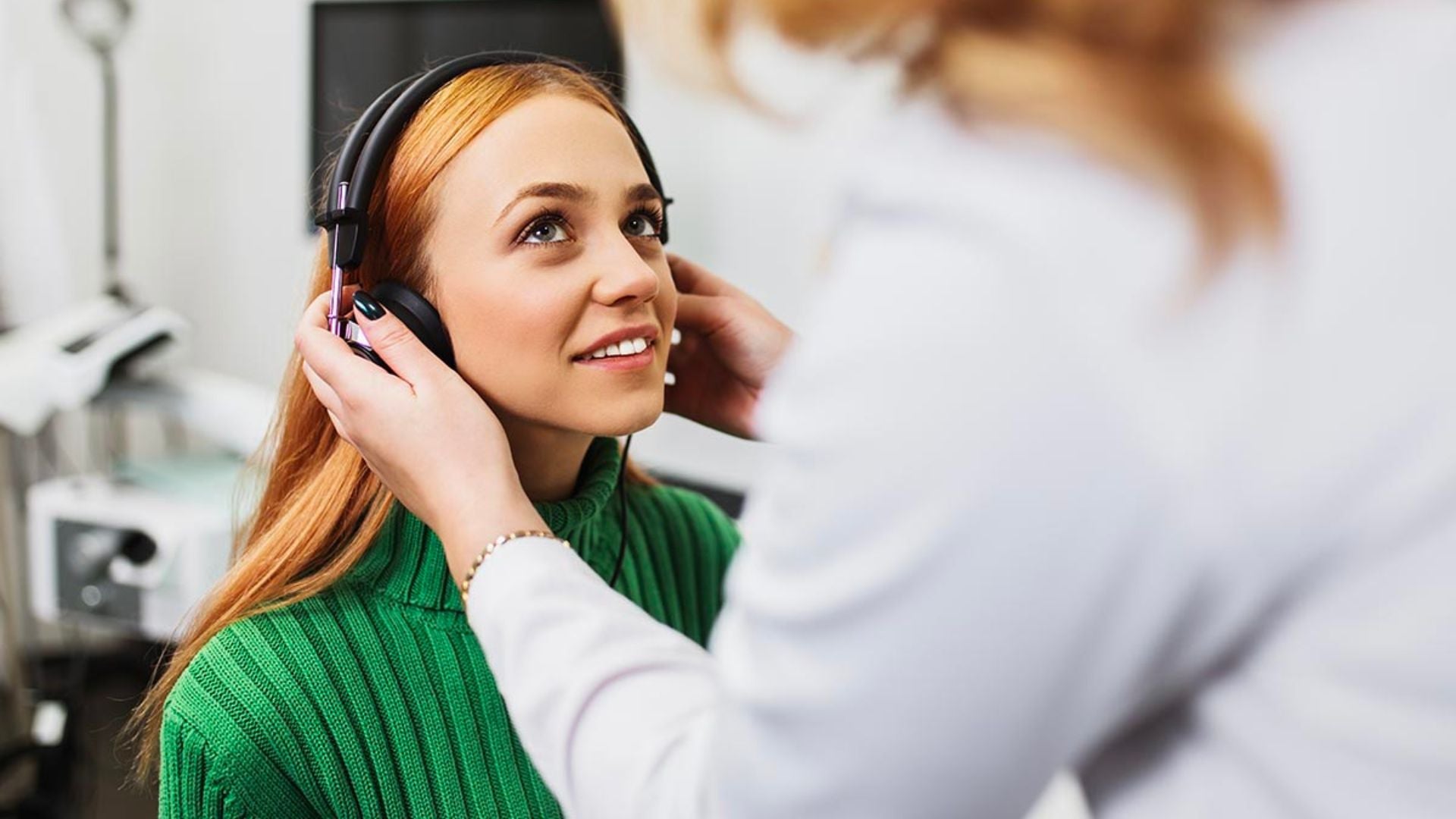
Hearing Care Services
We provide hearing care services for patients of all ages — from newborns to over 100 years old. Each customer begins with their journey with us through both behavioral and diagnostic tests. After understanding your hearing needs and expectations, you would get a personalized hearing solution to maximize your hearing ability.
Help Your Child to Thrive with Better Hearing
Thanks to hearing aids and early intervention, nearly 90% of children with hearing loss can develop age-appropriate language skills and succeed academically in mainstream schools.
~ Alexander Graham Bell Association for the Deaf and Hard of Hearing


